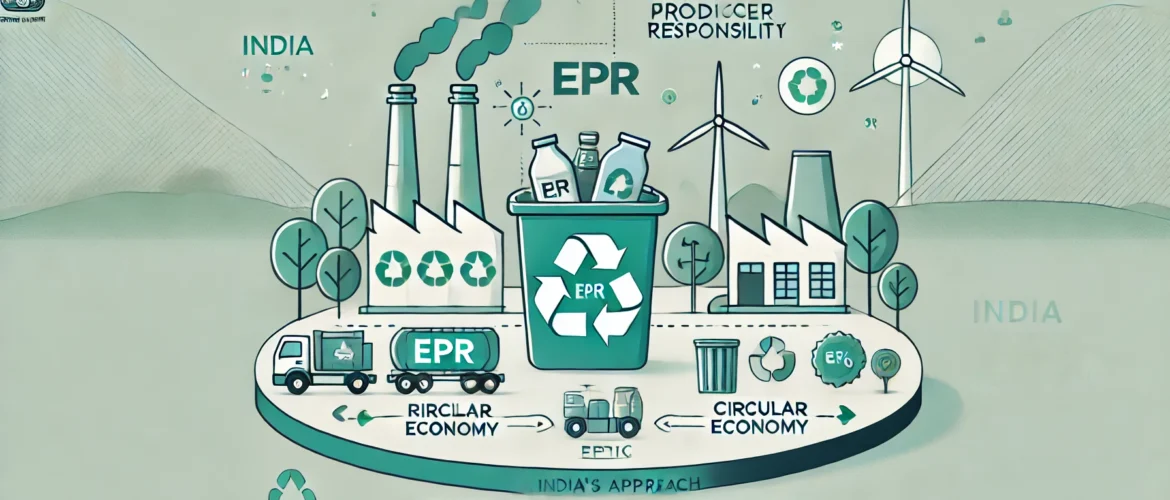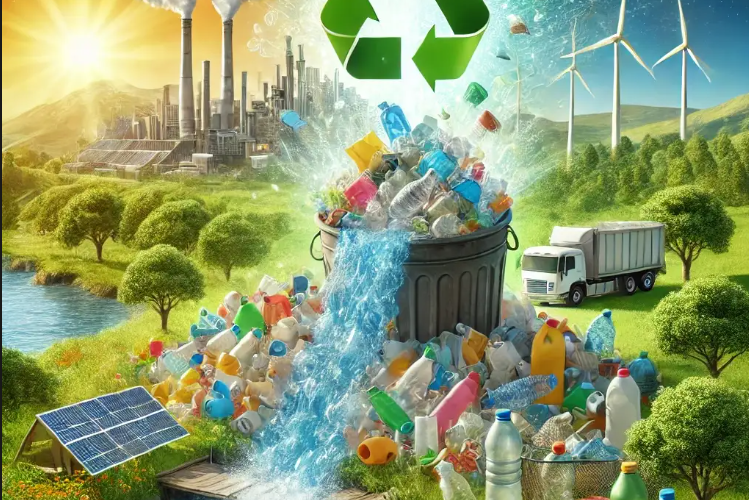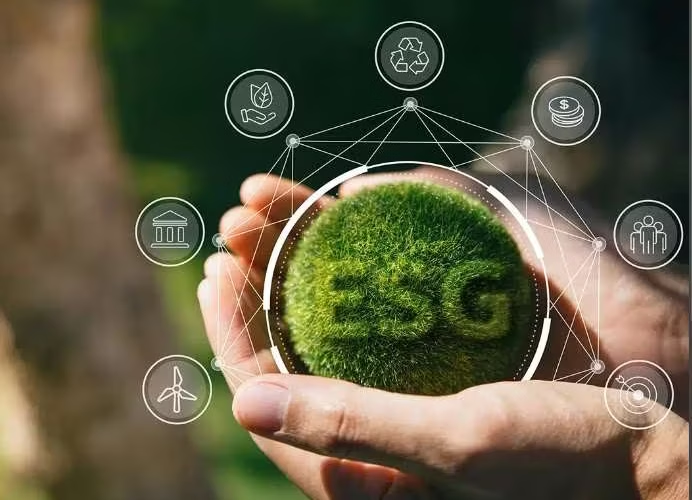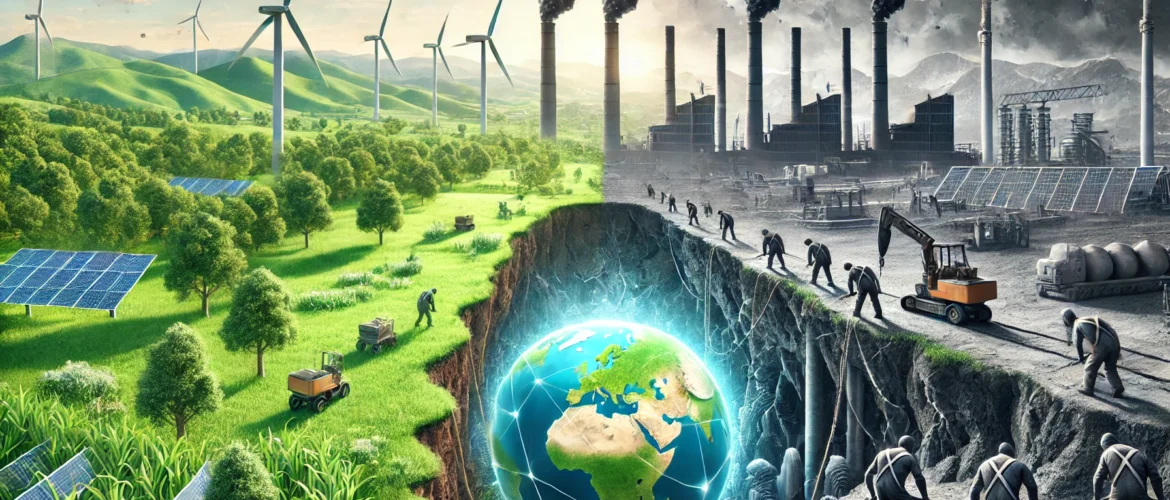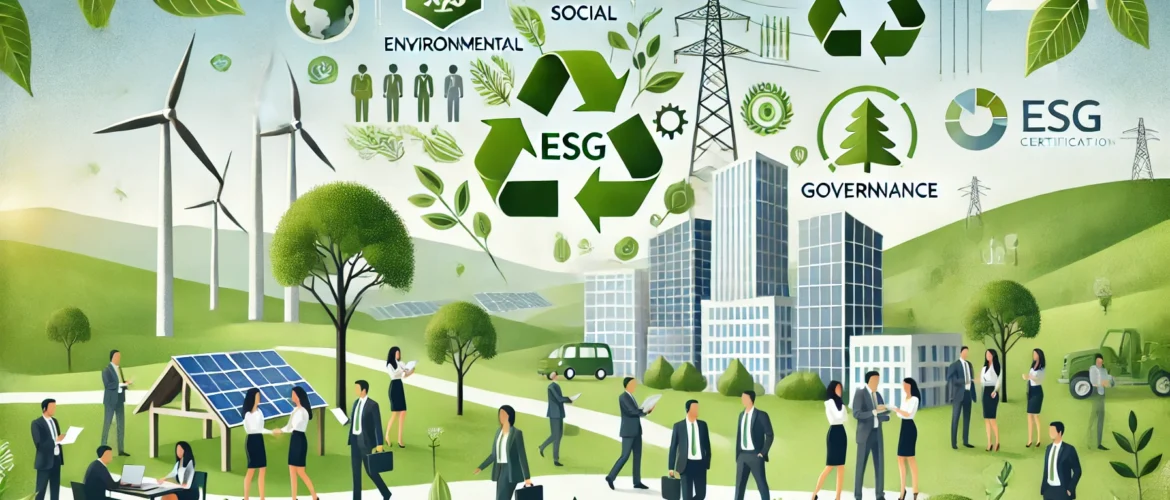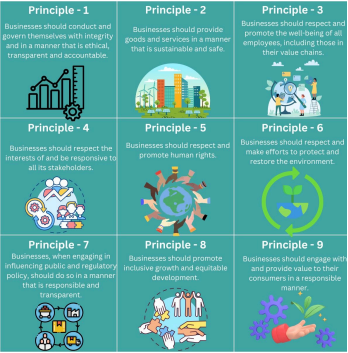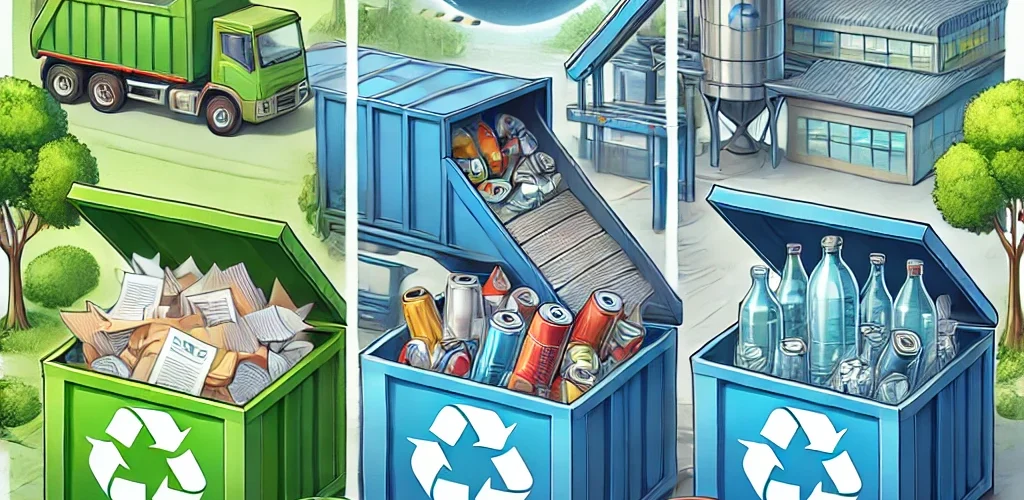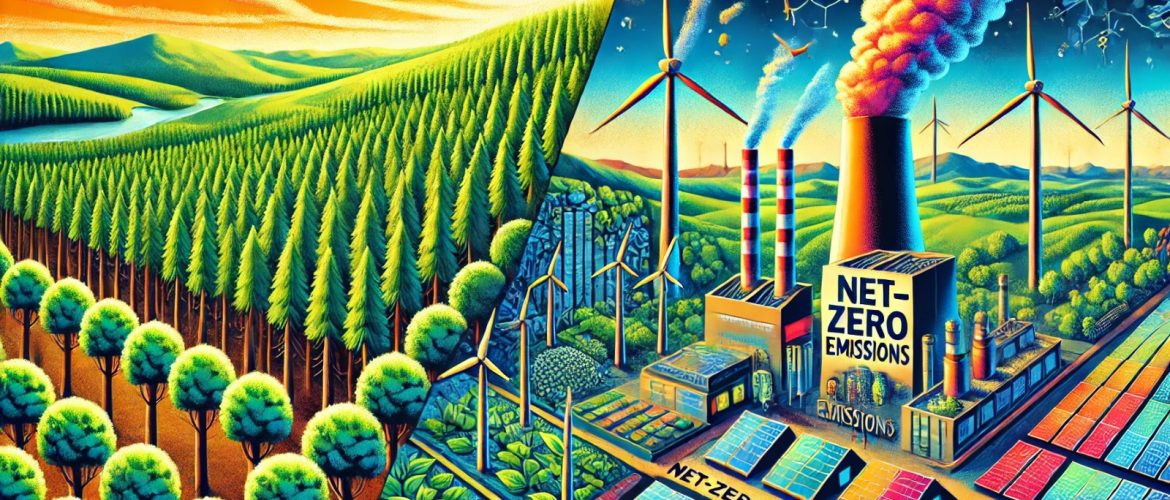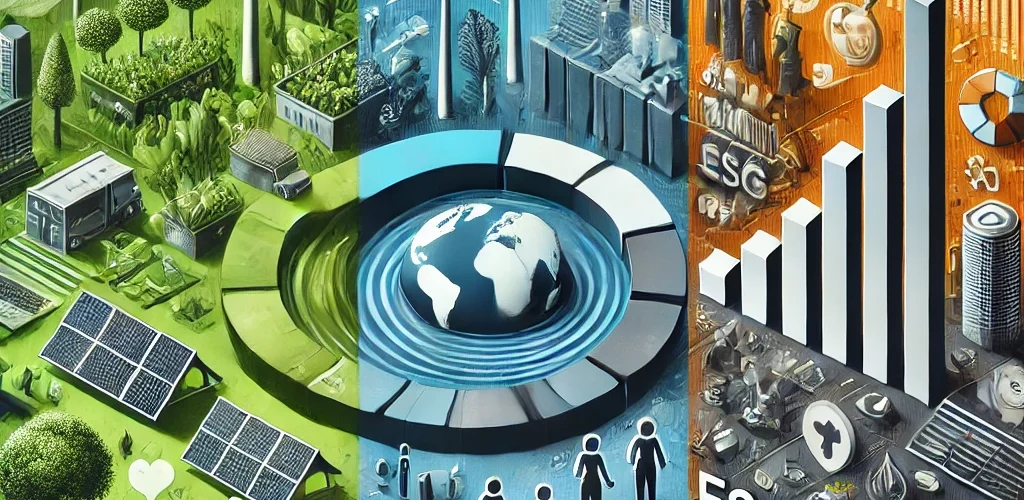From Policy to Practice: How EPR is Reshaping India’s Approach to Plastic Waste Management and Combating Plastic Pollution Plastic pollution is one of the most pressing environmental challenges in India. From bustling metropolitan cities to serene rural landscapes, the effects of plastic pollution are evident everywhere. Moreover, with an annual production of over 9.4 million tons of plastic, India’s waste management systems have struggled to keep up. What is EPR and How Does it Address Plastic Pollution? EPR in India, introduced under the
The Need for EPR in Addressing the Plastic Waste Crisis EPR: The plastic waste crisis is one of the most urgent environmental challenges of our time. Every year, the world produces over 300 million tons of plastic, much of which ends up polluting our oceans, landfills, and natural habitats. The long lifespan of plastic means that much of this waste remains in the environment for hundreds of years, causing irreparable damage to ecosystems and wildlife.
ESG integration: How ESG Can Transform Your Risk Management Strategy. The Growing Threat of Climate Risk: ESG integration In a world increasingly affected by climate change, businesses face growing risks from environmental disruptions, social upheavals, and governance failures. These risks are not only significant but also intensifying, forcing businesses to re-evaluate their strategies and adapt. ESG integration Climate change has moved beyond being a distant concern to becoming a pressing and immediate challenge that impacts every aspect of the global
ESG Investments Greenwashing or Oversight? The Xinjiang Dilemma in ESG Investments ESG investments In recent years, Environmental, Social, and Governance (ESG) frameworks have gained global traction as investors and companies alike strive to align with sustainable and ethical practices. However, a storm is brewing in the ESG sector that challenges its very essence. Reports reveal that global ESG funds have nearly $1.4 billion invested in companies linked to forced labor in Xinjiang, China. This controversy strikes at the heart
Start 2025 Right: Boost Your Career with These ESG Certifications Top 5 ESG Certification Courses as we step into 2025, ESG expertise continues to be a game-changer for career growth. Businesses and organizations are increasingly prioritizing sustainability and responsible governance, driving up the demand for skilled professionals in Environmental, Social, and Governance (ESG). Whether you’re a student, fresher, or a professional looking to transition into this thriving field, the right ESG certification can unlock exciting career opportunities
In today’s competitive business landscape BRSR’s 9 Principles Help Your Business Stay Ahead, adopting sustainable and responsible practices is not just a moral obligation but a strategic advantage. The Business Responsibility and Sustainability Reporting (BRSR) framework, introduced by SEBI (Securities and Exchange Board of India), serves as a guide for companies to align their operations with sustainability goals. By focusing on environmental, social, and governance (ESG) aspects, BRSR helps businesses remain resilient, transparent, and competitive. What Is
The Central Government, under the powers conferred by sections 3, 6, and 25 of the Environment (Protection) Act, 1986, has proposed new draft rules aimed at enhancing Extended Producer Responsibility (EPR) for glass, paper, and metal packaging, as well as sanitary products. These rules, titled the Environment Protection (Extended Producer Responsibility for Packaging made from Paper, Glass, Metal, and Sanitary Products) Rules, 2024, are set to come into effect on April 1, 2026. The
“Can planting trees really save the planet?” Nature-Based Solutions (NBS) have taken center stage in the climate change conversation, offering a hopeful path forward through reforestation, wetland restoration, and regenerative agriculture. These solutions promise not only to combat greenhouse gas emissions but also to restore ecosystems and improve livelihoods. But is it really that simple? Critics point to scalability, permanence, and equity challenges. Are we overhyping NBS as a magic bullet, or are we failing to recognize their
Sustainability vs. CSR vs. ESG Reporting: Breaking Down the Differences for Smarter Business Decisions In the evolving business world, terms like Sustainability, Corporate Social Responsibility (CSR), and Environmental, Social, and Governance (ESG) Reporting often dominate discussions about corporate ethics and responsibility. While they share overlapping themes, each has a unique focus and purpose. Understanding their differences can help businesses make smarter decisions and create impactful strategies that
Could the packaged drinking water you trust so deeply actually be contaminated? The nation’s apex food safety authority, the Food Safety and Standards Authority of India (FSSAI), has recently classified packaged drinking water under the “high-risk food category.” This move ensures that manufacturers are subjected to thorough inspections at least once annually, a prerequisite for securing their operational license, as outlined in the latest notification. Why is packaged water labelled as high-risk? Labelling a product as “high-risk” is intended to enforce stringent regular


